In the wake of the Ferguson protests, conversation regarding race increased significantly. According to Min Hyoung Song, a professor within the English department at Boston College, society tends to avoid these important conversations, and this avoidance could ultimately hinder its ability to confront and solve challenges such as sustainability and wealth inequality. Song addresses this in his most recent publication The Children of 1965: On Writing, and Not Writing, as an Asian American.
His work received an Alpha Sigma Nu Award, which recognizes excellence in publishing in the humanities.
In his book, Song explores an emerging generation of young Asian-American writers and how they are pushing against the ways American society thinks and talks about race.
One of Song’s greatest concerns is what he considers a societal failure to address prominent racial challenges.
“I feel that right now many very well-intentioned people avoid talking about race altogether because it seems like one is always in the wrong somehow when one does,” Song said in an email.
Although his work sparks conversation regarding all ethnicities, Song concentrates his work on Asian-Americans. For almost every year he has been at BC, Song has taught Introduction to Asian-American Literature. The Children of 1965 seeks to prove how Asian-American writers in particular are contributing to open and creative conversations regarding race and society.
“Asian-Americans haven’t been known for their writing,” Song stated in an interview with University Libraries at Boston College. “They’ve been known for math or science but not really for creative writing.”
In the mid-1990s, this reputation for Asian-Americans began to change as a new generation of Asian-American writers surfaced and began to push the previous boundaries of those who preceded them, according to Song. Many of these writers are children of Asian individuals who came to the United States after the Immigration and Nationality Act of 1965 was implemented.
This Act opened many doors for Asians as they were offered a wealth of new opportunities in America, and consequently, it allowed for new creative angles through which Asian-American writers could flourish.
In writing this book, Song pushes against the thought that race is always delimiting. In fact, he argues that such delimiting can foster creativity.
“One is often most creative when one has to be,” Song continued. “That is, how one does something ordinarily is blocked, and so one has to come up with a different way to do something. That’s creativity: the doing [of] something different.”
According to Song, an author’s race undoubtedly creates expectations and challenges in his or her writing. Not all ethnic writers choose to recognize these racial expectations. Many do, however, inevitably affecting the writing that is produced.
“Writers who find that their race saddles them with all sorts of expectations about the kind of books they will write, what their worth will be, and so forth are faced with a formidable obstacle,” Song explained. “And the existence of this obstacle forces such writers to do something different with their writing.”
This different kind of writing is what Song explores more deeply in his book as he delves into the influence of race.
“I’ve become more and more interested in trying to make sense of how our concerns with race and class in particular can be put into dialogue with questions about how we relate to the physical world around us,” Song said.
His book explores changing demographics, worsening inequality, and persistent racism as well as environmental concerns. According to Song, to be influential, a writer does not have to recognize his or her ethnicity outwardly. Some of the authors discussed in The Children of 1965 choose to highlight ethnicity, while others choose to discount it.
“I don’t think it really matters whether a writer embraces ethnicity or not,” Song continued. “Writers are already going to be affected by who they are, and how others see them. They really don’t have a choice.”
Their race, whether they embrace it or not, influences their writing and the types of messages they send to readers. Song refers to this “color blind thinking” as dangerous and outdated: Instead, he encourages society to find a way to open up, rather than fear, conversations about race. In The Children of 1965, Song hopes to show readers what these influential Asian-American writers have been contributing to this idea.
“The failure to talk candidly, and creatively, about race may prevent us from addressing even more pressing issues like the environment and extreme wealth inequality,” Song said. “We need to find ways to talk about race, and to address more directly and with greater courage how a history of white supremacy continues to leave an ugly mark on the way we live our lives today.”
Featured Image courtesy of Min Hyoung Song

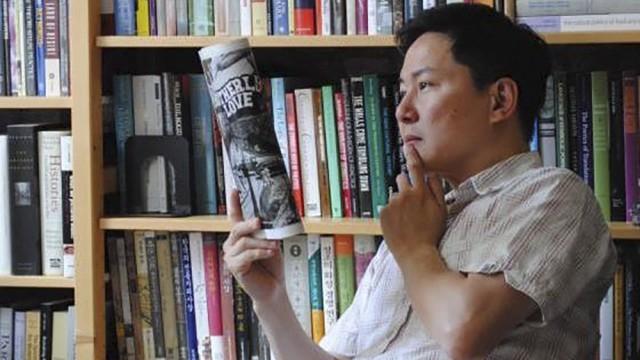




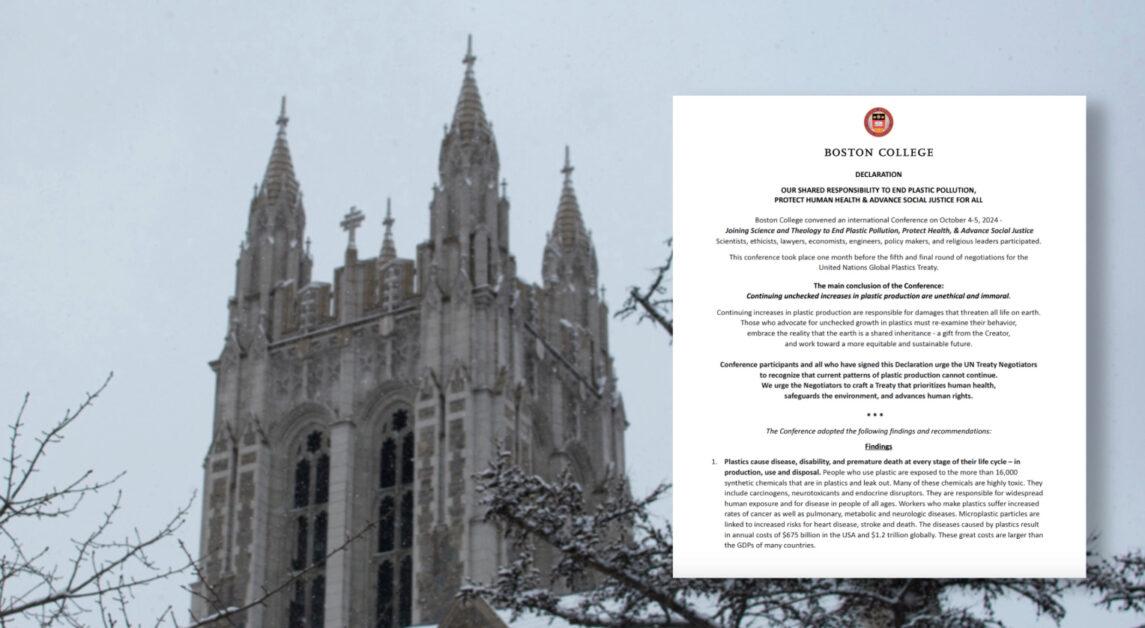






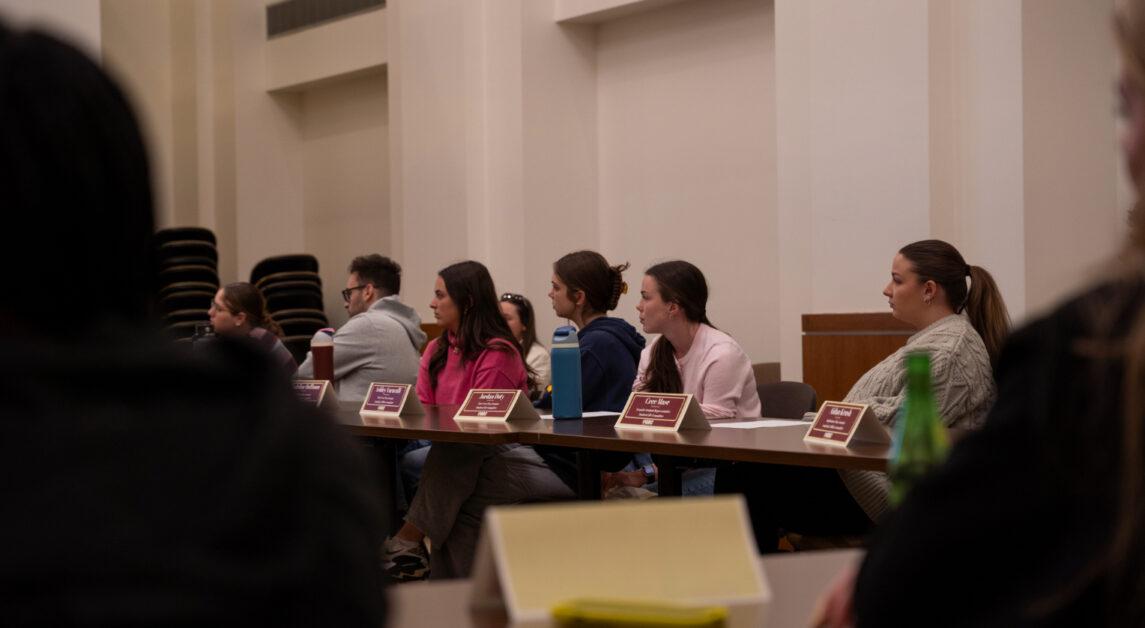

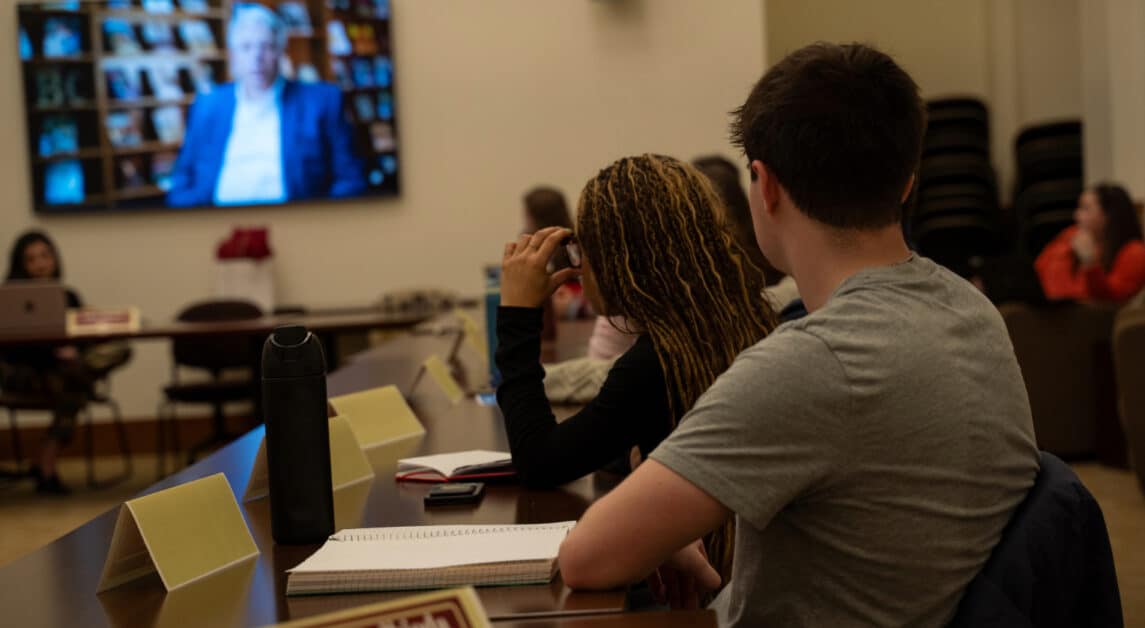
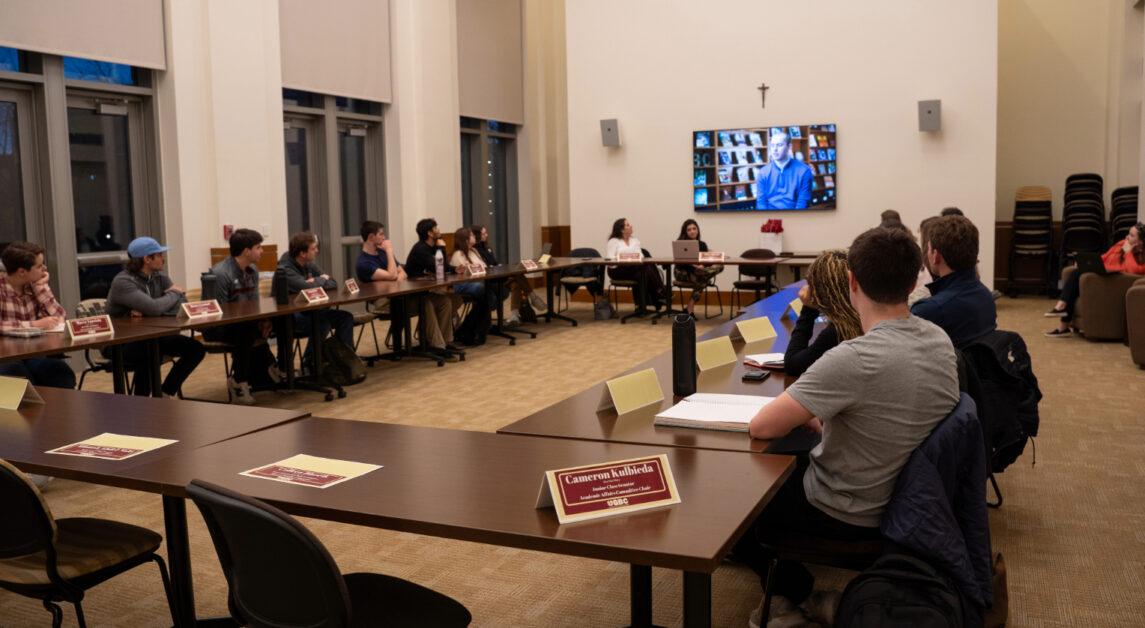
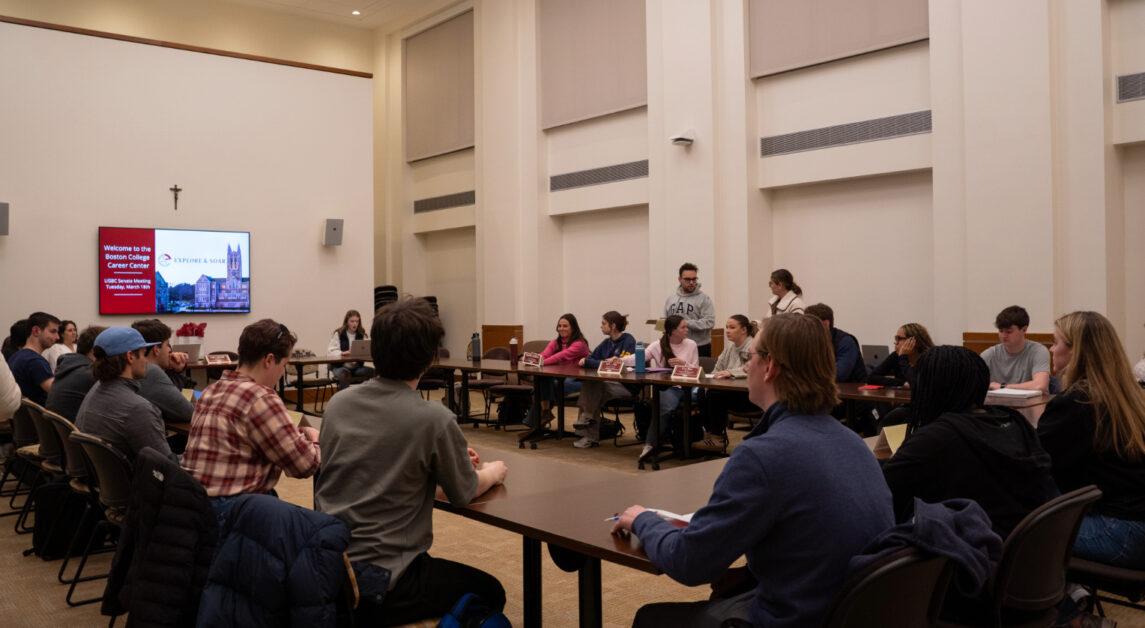

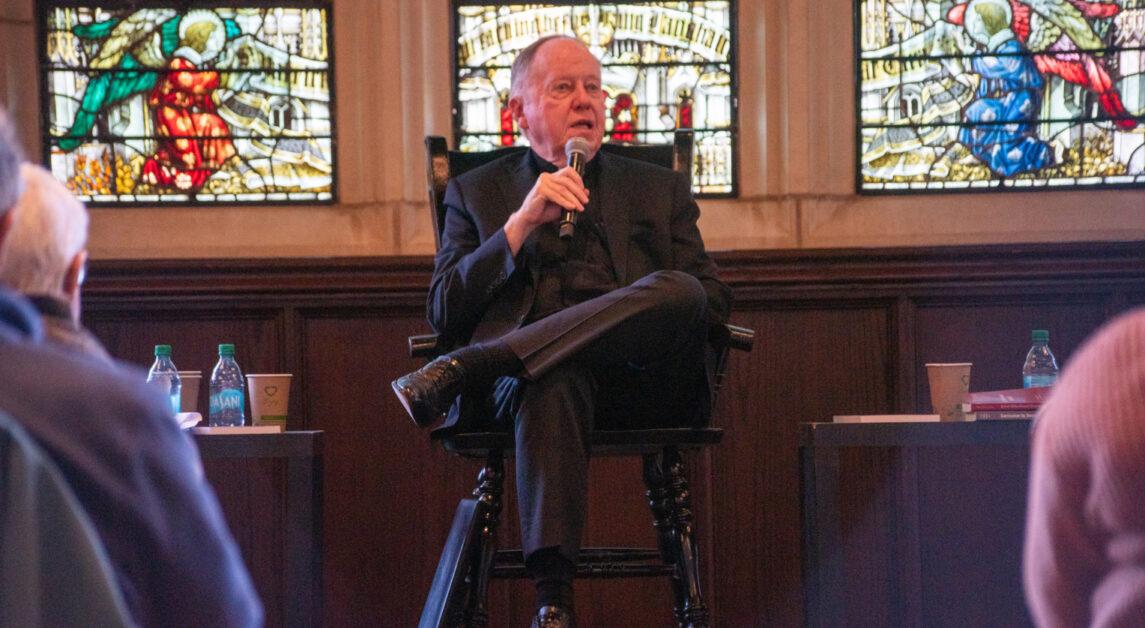
Vader21 • Aug 19, 2015 at 4:22 am
Thank you for this review. I will read this book with pleasure. http://flatfy.pl
Reza Schwarz • Jun 30, 2015 at 10:32 am
Music is the most wonderful thing in life. It cheers you up when you have a bad mood. Everybody has ups and downs. And we can cope with everything, especially if we use uk essays for our academic needs.